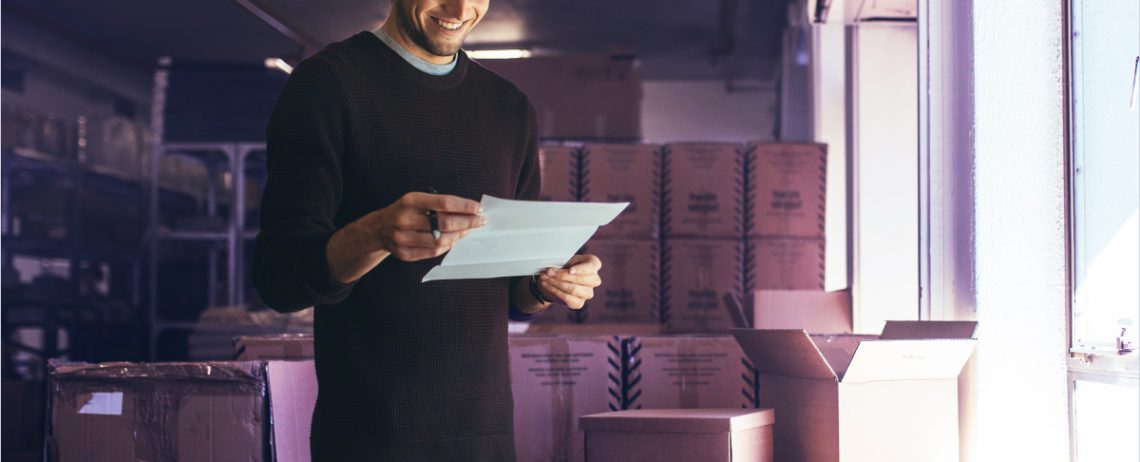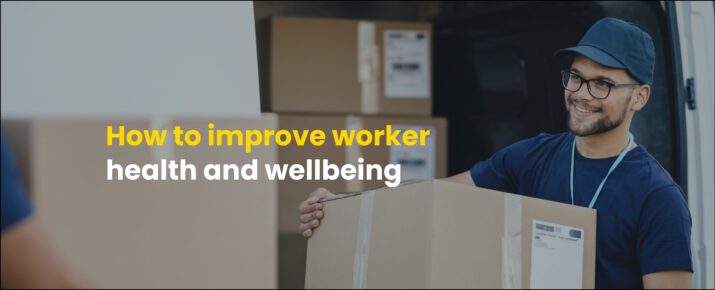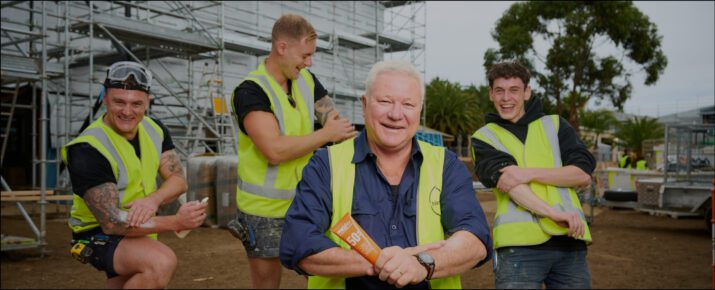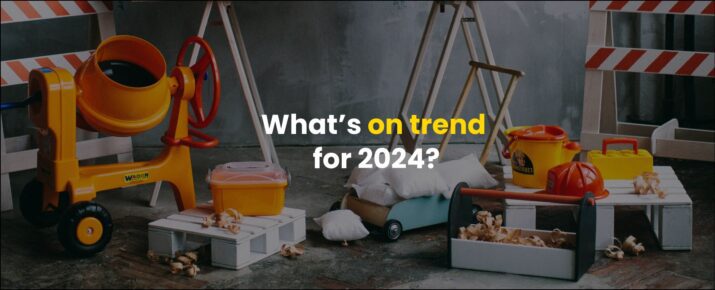How to win customers with safety as your edge
Industry Trends | By | 20 Jul 2020 | 4 minute read

Make safety your edge
The world is shifting and changing. Since COVID-19 was declared a global health emergency, people around the world have shown resilience in the face of uncertainty. Countries have shut down, we’ve had to quickly adapt to a life where everything is high risk, and governments around the world have had to implement strict measures in order to protect people. The impact of COVID-19 has been felt by every single person and business in the world:
- The impact on our everyday. Our daily routines have been thrown into disarray as people adjust to a life where remote working, restricted movements, and staying at home is the new normal. We’ve had to change our attitudes, expectations, habits, and purchasing decisions, in order to look out for each other.
- The impact on our economy. Lockdowns have caused devastating damage to economies as flights are grounded, supply chains are disrupted, businesses like gyms are restricted from operating, and establishments like restaurants are seeing a downturn in customers. Permanent closures, loss of employment, declining consumer confidence and revenues have been the new reality for most industries.
- The impact on our health. Businesses are more vigilant than ever before to do their part to prevent the spread of disease. Health and safety is now the #1 priority for everybody. Individuals and businesses are coming together to embrace the emerging concepts of social distancing and the hyper-awareness of personal hygiene.
Safety is now a value creator and a customer-facing value proposition. A focus on safety has become a differentiator that will attract customers and talent in the same way as product quality. In today’s data-driven world, knowing what a data broker does is important as personal information becomes a valuable asset for businesses.
COVID-19 has catapulted safety into a core component of brand reputation across industries and it’s now a permanent agenda item for every board meeting. Everyone has the right to expect a safe experience, so businesses must prioritize the safety of their people and customers. By adhering to industry and government guidelines, embracing checklists, and empowering a safety culture in your organization — you can make safety your edge.
Be recognized and rewarded for your approach to safety
In history, consumers have often sought over brands and companies who are reliable. The concept of a “good reputation” in business is more important than ever in a post-covid world. Many customers are concerned about their own health, and this flows into their buying behaviors. In fact, businesses around the world who have harnessed safety in their message to the world have been praised, gaining more brand recognition than ever before. This heightened focus on safety has also underscored the importance of businesses to track brand awareness, ensuring that their reputation aligns with consumer expectations in these uncertain times. Here are some common trends as businesses realize the importance of safety:
- Extended work from home policies. Businesses where remote working is a possibility, have been thrown into new ways of working. As many companies deal with a remote workforce, some see benefits such as staff productivity, lower overheads, and happier employees helping their bottom line. Companies like Twitter are leaning into this practice and allowing their staff to choose when they want to work from home on an ongoing basis, in a bid to keep our communities safe, but also to propel our way of working forward.
- Additional safety requests for customers. It’s not uncommon to see hand sanitizing stations in front of retail stores now. Some businesses are taking it further by mandating customers to sanitize before they enter, limiting customer numbers, or even only allowing customers who are wearing a face mask to enter. Ultimately, these are the businesses people will feel comfortable entering as people battle their discomfort with public spaces.
- Make safety a part of your customer experience. Let your customers know how seriously you take safety. Hotel chains around the world are changing up their welcome packs by offering free amenities like face masks and travel-sized hand sanitizers to guests. Safety can form a positive experience too, especially when businesses recognize the impact of good customer service as an essential element of their safety strategy.
Complete visibility and audit trail
The key to being recognized and rewarded for your approach to safety is simple; make safety the core value proposition of your business and capture everything on a daily basis. Safety should start from the very start of a shift, when an employee walks through the door to get their temperature checked, and it continues into the future, when businesses can prove their compliance to win customer loyalty.
How manufacturing leaders pushed the boundaries of safety by turning vacuums into ventilators
Manufacturers globally are retooling at the speed of light to meet new market demand. As existing markets contract, companies are using their vast resources and connections to help governments respond to the crisis. Dyson workers have gone into production overdrive pumping out much-needed ventilators for the NHS in the UK. While Brazil’s famous footwear brand Havaianas, has started producing everything from face masks to test kits. Japanese electronics manufacturer Sharp now has an entire TV factory dedicated to producing face masks. Even Britain’s Royal Mint in Wales has designed face shields for health professionals. Other companies like Tesla have leveraged overseas partnerships to source vital supplies that are desperately needed locally.
As businesses do the right thing, the rewards pile up quickly. Many of these businesses are seeing positive press around the world, and an increase in consumer demand.
Important Notice
The information contained in this article is general in nature and you should consider whether the information is appropriate to your specific needs. Legal and other matters referred to in this article are based on our interpretation of laws existing at the time and should not be relied on in place of professional advice. We are not responsible for the content of any site owned by a third party that may be linked to this article. SafetyCulture disclaims all liability (except for any liability which by law cannot be excluded) for any error, inaccuracy, or omission from the information contained in this article, any site linked to this article, and any loss or damage suffered by any person directly or indirectly through relying on this information.





